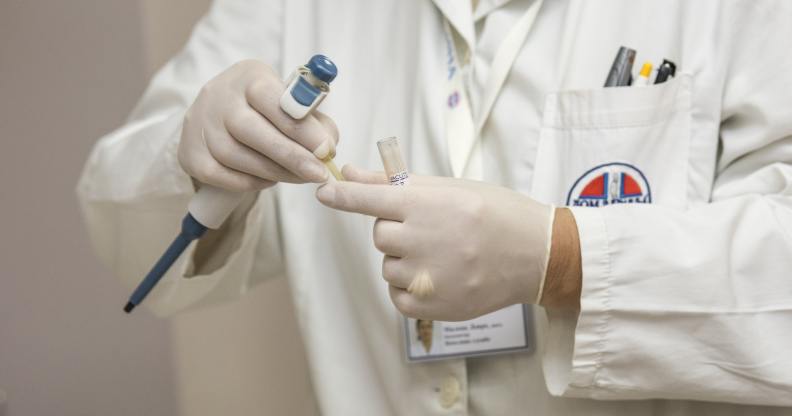A third person may have been cured of HIV

Pexels
A third person may now be HIV free after receiving a bone marrow transplant, leading to renewed hope that a cure could be found for the virus.
The “Dusseldorf patient” appears to have no trace of the virus three months after he received bone marrow treatment and stopped taking antiviral drugs, according to New Scientist.
If the patient has been cured, it would be likely due to a rare gene carried by the bone marrow donor which can make people resistant to the virus.
This was how the man known as the London patient was reportedly cured of the virus earlier this week. The widely reported case has made the patient the second in the world to be cured of HIV.
Too early to say he is definitively cured
Speaking at the Conference on Retroviruses and Opportunistic Infections in Seattle, Annemarie Wensing of University Medical Center Utrecht in the Netherlands said that the Dusseldorf patient may have been cured of the virus – but added that it was too early be be definitive.
Furthermore, a number of other people who have had bone marrow transplants from people with the rare gene are reportedly being monitored to see if they have also been cured of the virus.

Pexels
If this third patient has been cured of HIV, it will give renewed hope that a cure could be found for the virus. While bone marrow transplants can only be given to people who have cancer due to the risks associated with the procedure, the discovery could help scientists better understand other potential cures.
British man ‘functionally cured’ of HIV
Earlier this week, biologist Dr Ravindra Gupta described his patient, who has been reported as the London patient, as “functionally cured” and “in remission.”
He added: “There is no virus there that we can measure. We can’t detect anything.”
However, he also expressed some caution, saying it was “too early” to say definitively that the man has been cured.
Meanwhile, Dr Andrew Freedman of Cardiff University said that it was a step in the right direction for finding a cure.
“There is no virus there that we can measure. We can’t detect anything.”
– Dr Ravindra Gupta who treated the London patient
“While this type of treatment is clearly not practical to treat the millions of people around the world living with HIV, reports such as these may help in the ultimate development of a cure for HIV.”
While a definitive cure has not yet been discovered for HIV, meaningful treatments exist that mean that many people with HIV stay healthy and keeps the virus under control.
Antiretroviral treatment keeps the level of HIV in a person’s body very low and allows their immune system to recover. Being on antiretroviral treatment can also make it harder to pass on HIV to somebody else.
Today, many people with HIV live as long as people who don’t have the virus.
Similarly, Pre-Exposure Prophylaxis (PrEP) can also drastically reduce the risk of contracting HIV if taken daily.

